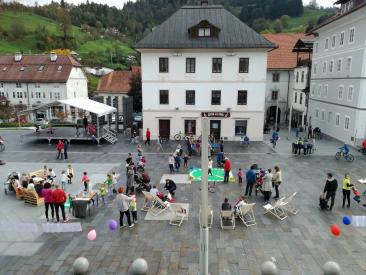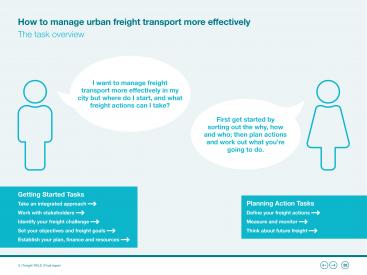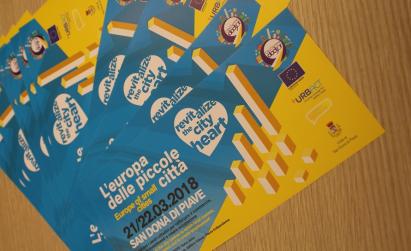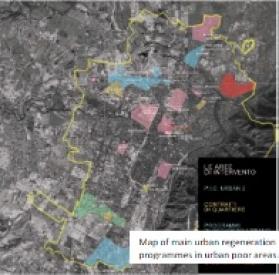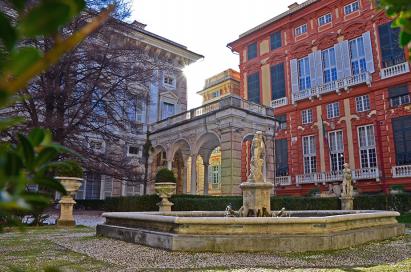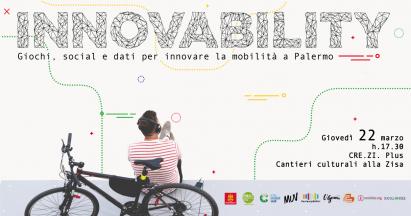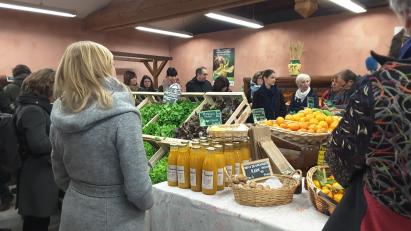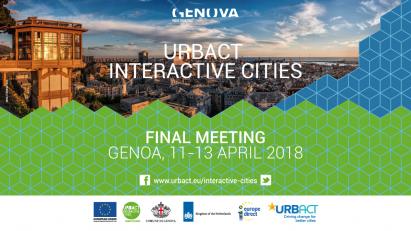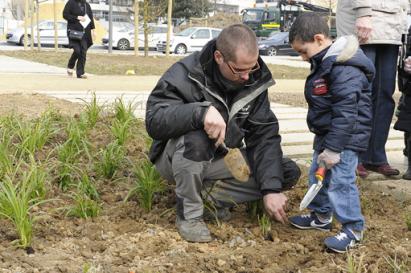- België - Change the country
- Belgique - Change the country
- Bosna i Hercegovina - Change the country
- Česká republika - Change the country
- Crna Gora - Change the country
- Danmark - Change the country
- Deutschland - Change the country
- Eesti - Change the country
- España - Change the country
- France et Luxembourg - Change the country
- Hrvatska - Change the country
- Ireland - Change the country
- Italia - Change the country
- Latvija - Change the country
- Lietuva - Change the country
- Magyarország - Change the country
- Malta - Change the country
- Moldova - Change the country
- Nederland - Change the country
- Österreich - Change the country
- Polska - Change the country
- Portugal - Change the country
- România - Change the country
- Shqipëria - Change the country
- Slovenija - Change the country
- Slovenská republika - Change the country
- Suomi - Change the country
- Sverige - Change the country
- test by lmc nup - Change the country
- Test NUP - Change the country
- ΕΛΛΑΔΑ ΚΑΙ ΚΥΠΡΟΣ - Change the country
- България - Change the country
- Северна Македонија - Change the country
- Србија - Change the country

